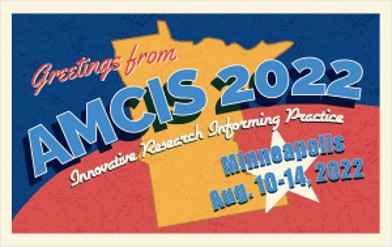SCUIDT- Strategic and Competitive Uses of Information and Digital Technologies
Loading...
Paper Type
Complete
Paper Number
1635
Description
The megatrend digitalization turns mechatronic products into continuous collectors and generators of use phase data. By analyzing this data, manufacturers can uncover valuable insights about the products and the users. Especially in product planning, these insights could be used to plan promising future product generations. The systematic exploitation of data analytics results, however, represents a serious challenge, as research on the topic is still scarce. In this paper, we present 13 design principles for exploiting data analytics results in product planning. The results are based on a systematic literature review and a workshop with a research consortium. The evaluation of the design principles is demonstrated with a real case of a manufacturing company. The identified design principles represent a first contribution to a still scarcely explored research field.
Recommended Citation
Meyer, Maurice; Fichtler, Timm; Koldewey, Christian; and Dumitrescu, Roman, "How can Data Analytics Results be Exploited in the Early Phase of Product Development? 13 Design Principles for Data-Driven Product Planning" (2022). AMCIS 2022 Proceedings. 9.
https://aisel.aisnet.org/amcis2022/scudt/scuidt/9
How can Data Analytics Results be Exploited in the Early Phase of Product Development? 13 Design Principles for Data-Driven Product Planning
The megatrend digitalization turns mechatronic products into continuous collectors and generators of use phase data. By analyzing this data, manufacturers can uncover valuable insights about the products and the users. Especially in product planning, these insights could be used to plan promising future product generations. The systematic exploitation of data analytics results, however, represents a serious challenge, as research on the topic is still scarce. In this paper, we present 13 design principles for exploiting data analytics results in product planning. The results are based on a systematic literature review and a workshop with a research consortium. The evaluation of the design principles is demonstrated with a real case of a manufacturing company. The identified design principles represent a first contribution to a still scarcely explored research field.
When commenting on articles, please be friendly, welcoming, respectful and abide by the AIS eLibrary Discussion Thread Code of Conduct posted here.



Comments
SCUIDT